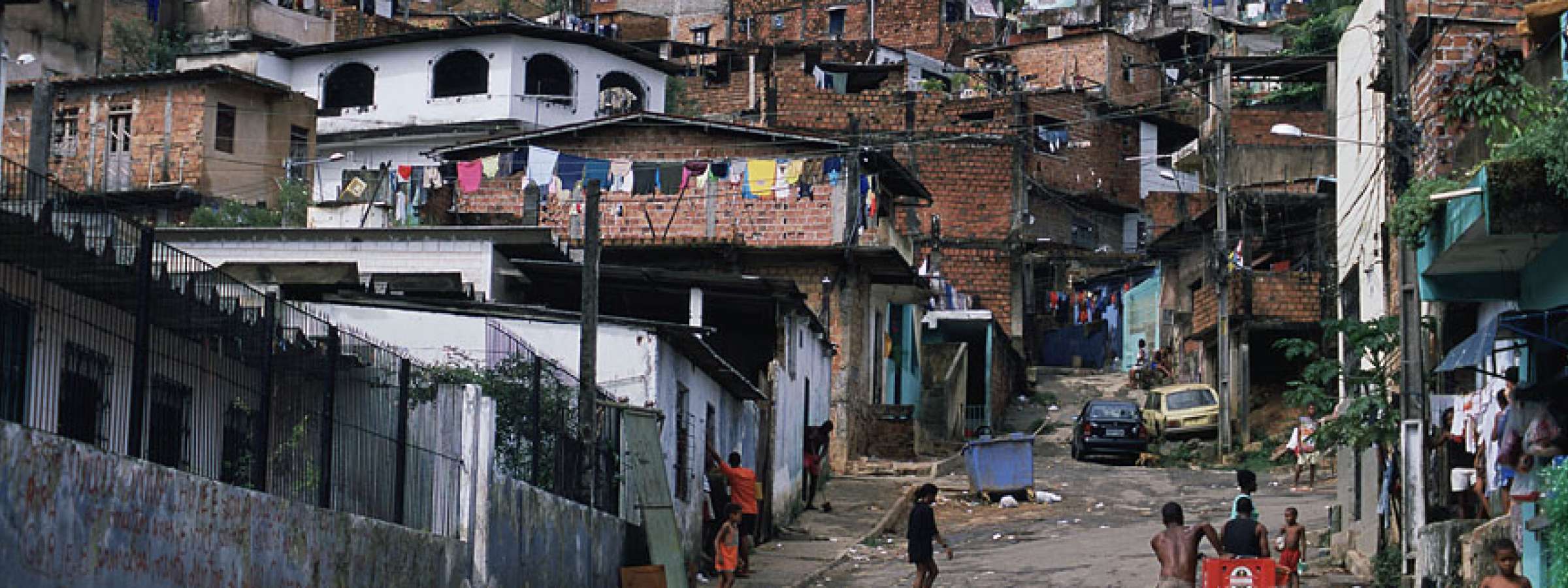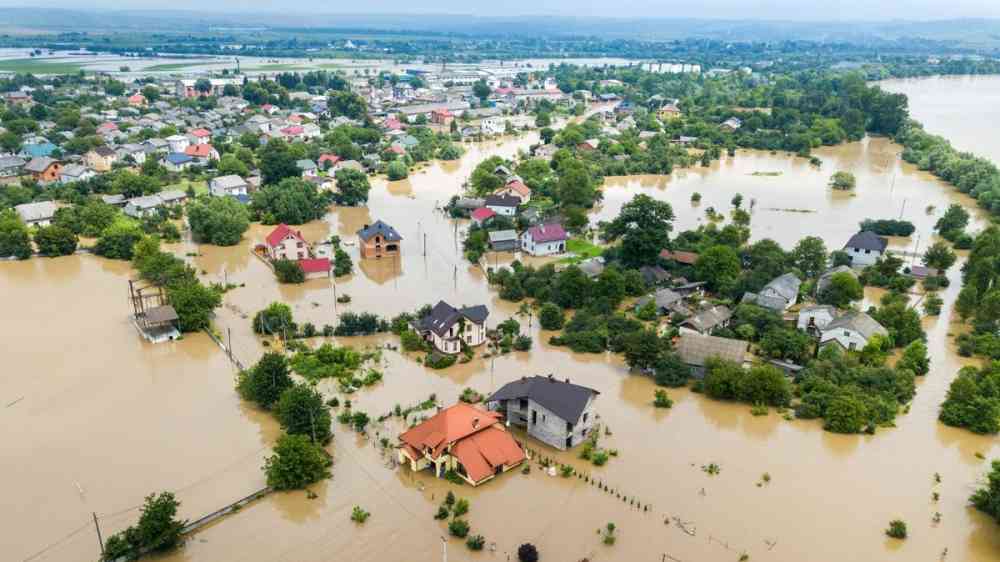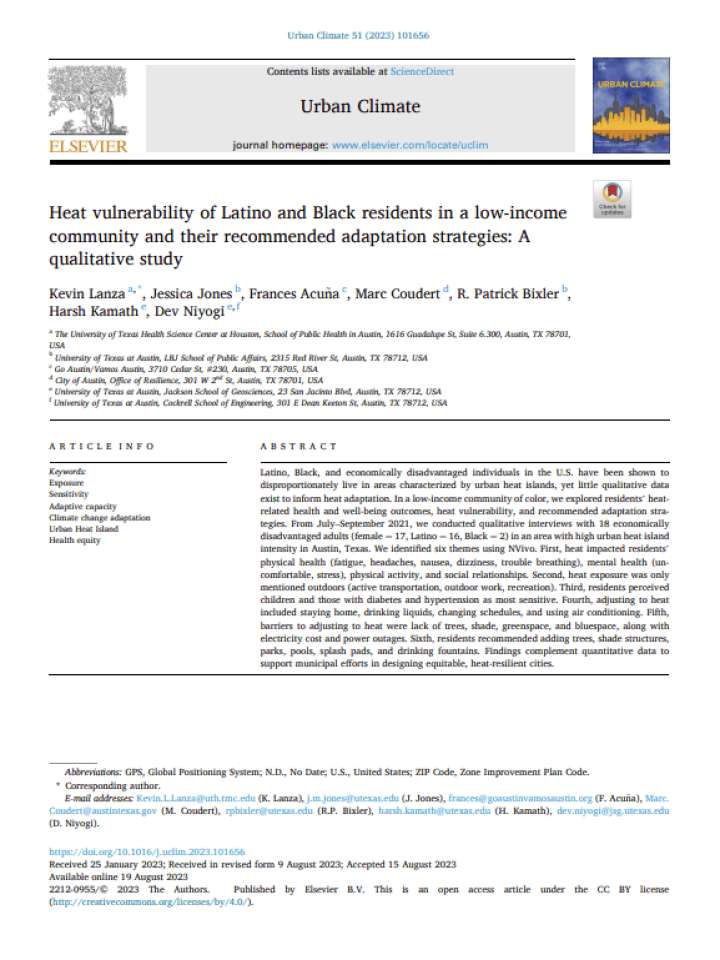Inequality as a disaster risk driver

Introduction
You can’t talk about disaster risk reduction without talking about inequality.
Disaster risk is shaped by a range of social and economic factors that determine entitlements and capabilities. Access to services, political voice, and social and economic status directly affect disaster risk and resilience.
In turn, inequality can create more disaster risk, trapping people into a vicious cycle.
If inequality continues to rise, it may become a destabilising global force that manifests not only in increasing disaster risk but also in decreasing capacities to manage those risks.
This collection compiles resources on the ways disadvantaged social groups are affected by various hazards.

